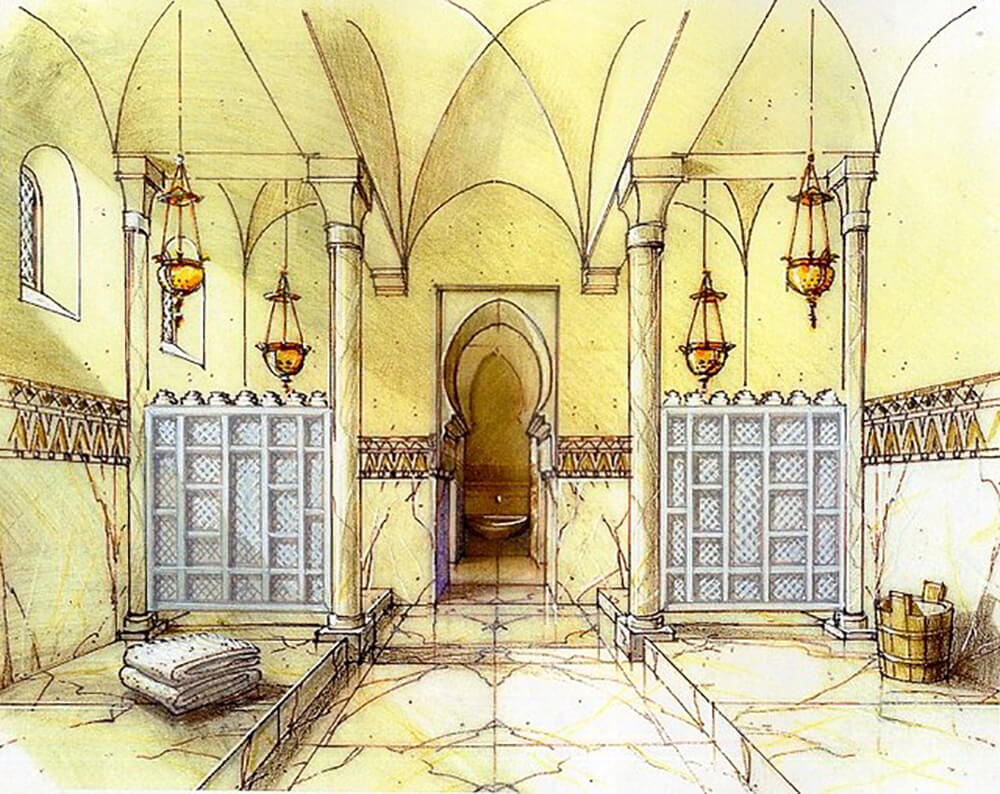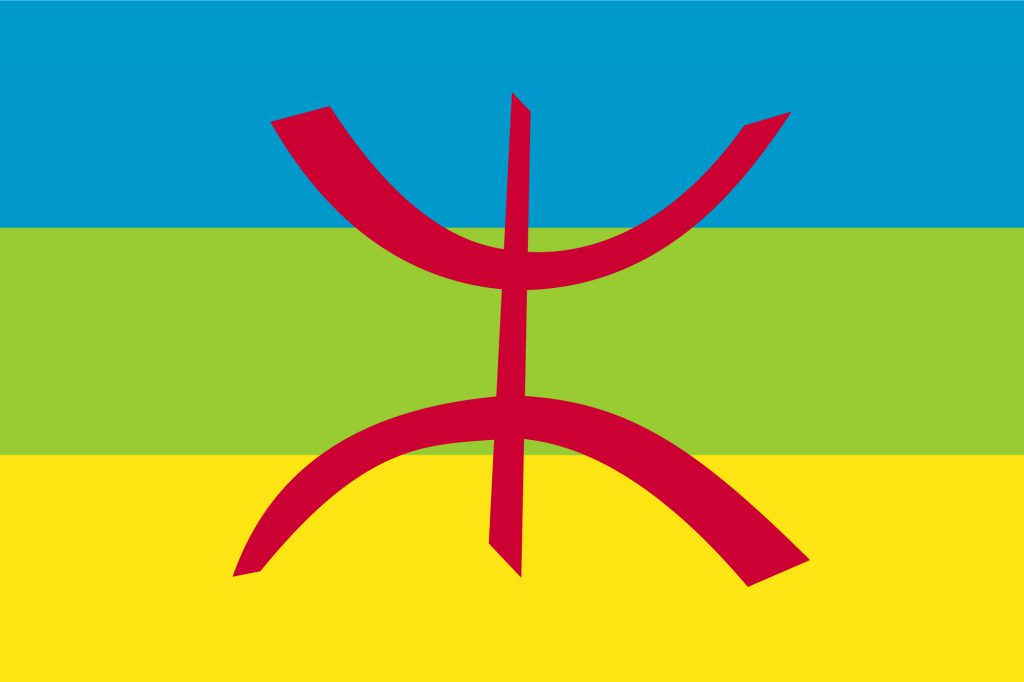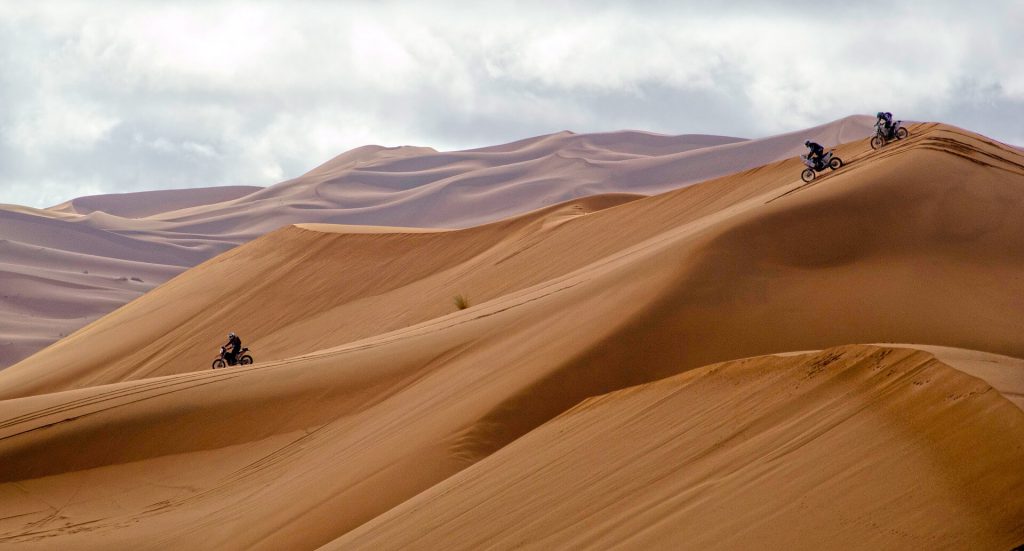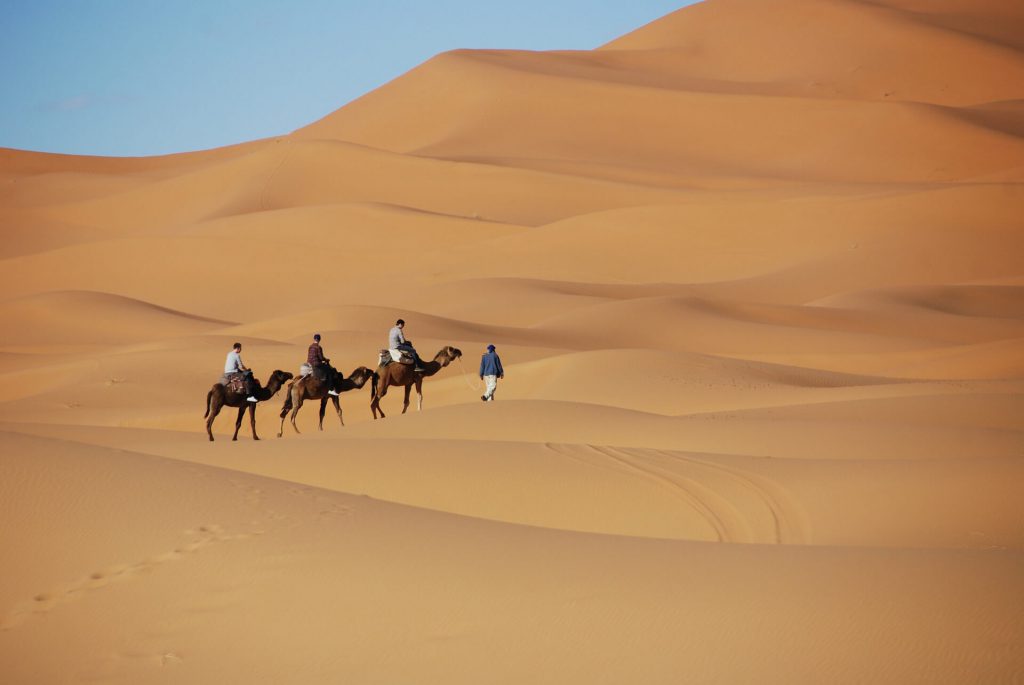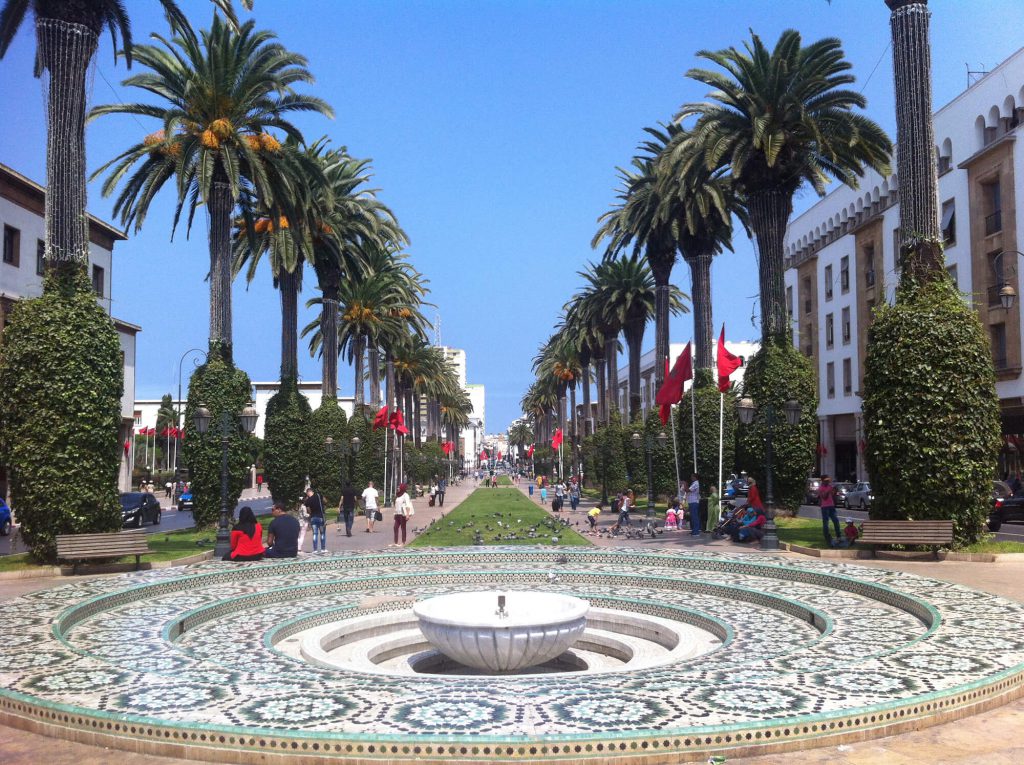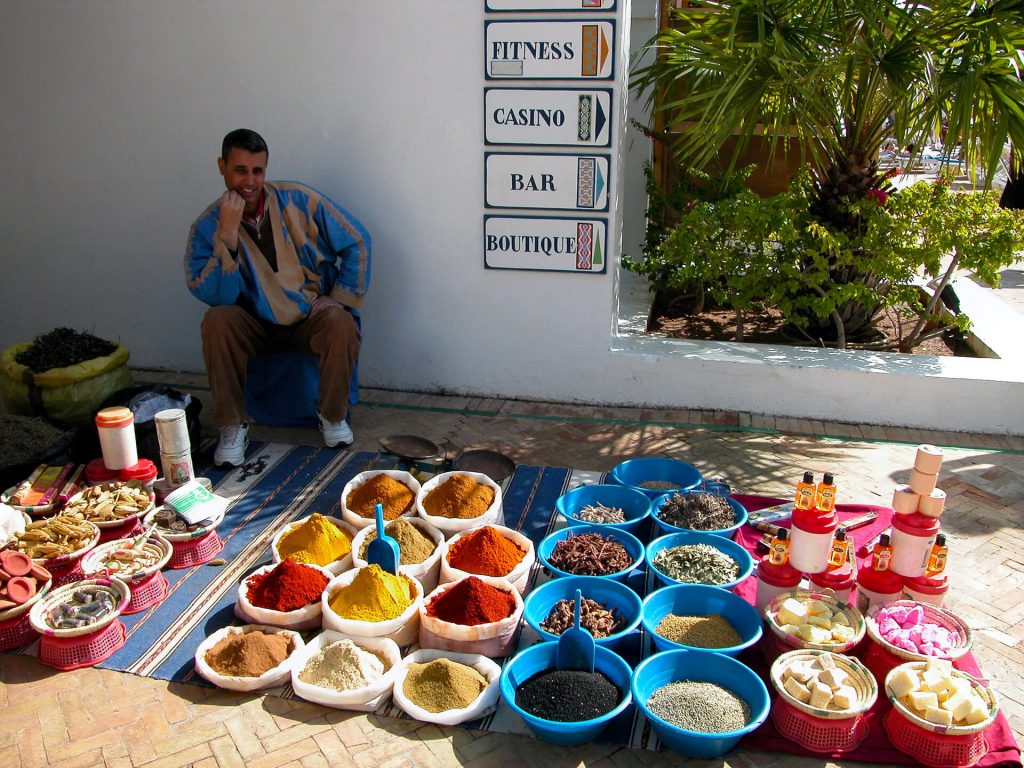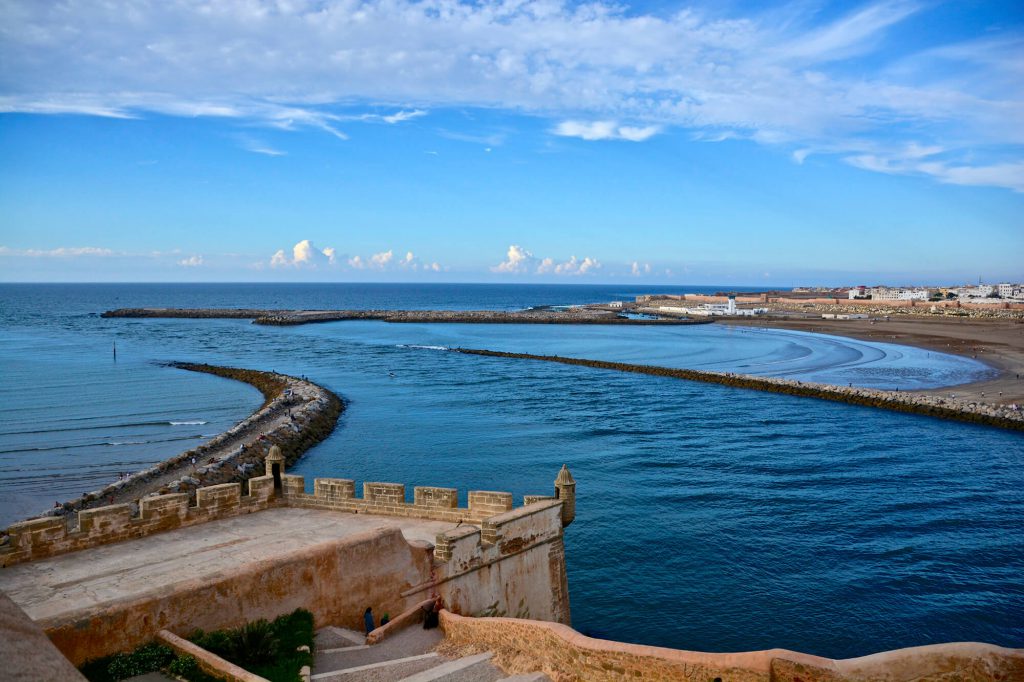Although Morocco is safe for women travelers, here’s some helpful advice and useful tips to help you avoid any unpleasant situations that may arise. Being aware and informed can make your travels more enjoyable.
Morocco is one of North Africa’s most captivating destinations — a blend of history, culture, and color. For women travelers, the country offers unique opportunities for adventure, from camel trekking across the Sahara to exploring vibrant medinas or relaxing in riads.
The culture of Morocco is quite different compared to Western countries so it’s important to familiarize yourself with the country’s customs before you travel. Learn some facts about Morocco culture so you can avoid awkward or uncomfortable situations.
Morocco is safe for women travelers, whether solo or in a group, but understanding local customs will make your journey smoother and more rewarding. This guide highlights key cultural etiquette, safety tips, and travel advice to help women navigate Morocco respectfully and confidently.
1. Understanding Moroccan Culture
Before visiting, take time to learn about the culture of Morocco — a society shaped by Islam, Amazigh (Berber) heritage, and Arab traditions. While Morocco is modernizing rapidly, especially in cities like Marrakech and Casablanca, it remains culturally conservative in many ways.
Knowing a few local customs — like greeting with “Salam Alaikum” or dressing modestly — goes a long way. A little cultural awareness shows respect and opens the door to authentic connections with locals
2. Smile Awareness
In Western cultures, smiling at strangers is friendly. In Morocco, however, a smile — especially from a woman to a man — can be misinterpreted as flirtation.
To avoid unwanted attention:
- Limit smiling at male strangers unless in conversation.
- Keep interactions polite but neutral.
- A simple “Salam” (hello) is perfectly respectful.
This doesn’t mean you shouldn’t smile at all — just be aware of context.
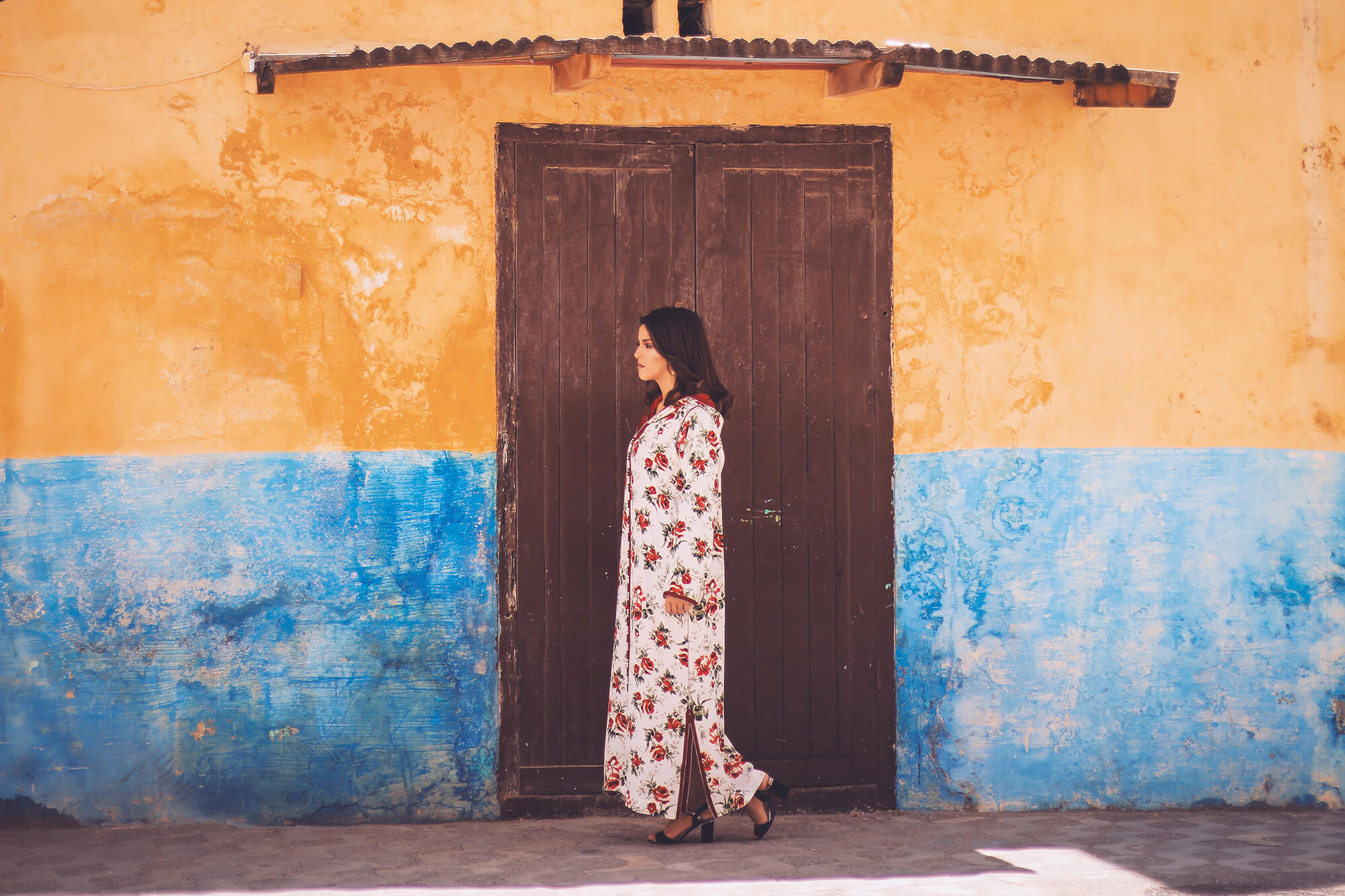
3. What to Wear
Dress is one of the biggest factors in how you’ll be perceived. Morocco is not restrictive, but modesty is appreciated. While women travelers can choose what to wear in Morocco, it’s a good idea to be conscious of how you dress to avoid any unwanted attention. Keep in mind that Morocco is a Muslim country and that means the majority of women dress more on the conservative side.
The reality is that in an Islamic society, the majority of women wear more clothing and a basic rule is to cover your shoulders, chest, and knees. A modest dress is best. Wear ankle length long skirts and dresses or loose-fitting pants, tunics.
Women travelers are not required to wear a headscarf, but it’s a good idea to have one handy if you want to visit mosques or are in more conservative towns. Many women who travel in Morocco chose to wear dark sunglasses to avoid eye contact and it makes you look less approachable.
4. What Not to Wear
Although women travelers can wear what they want, there are some articles of clothing that would be wise to avoid wearing altogether to save you from getting harassed. The less skin you choose to bare, the better your experience will be.
Expect to attract more unwanted attention if you choose to wear short skirts/shorts or low-cut skimpy tops, crop tops, or tops with spaghetti straps. Unfortunately, this kind of attire will only encourage men to bother you.
Any type of tight clothing is also not recommended as it is considered too revealing. Heels are not a good idea either as the majority of women tend not to wear them. Comfortable shoes like sandals or walking shoes are your best option as you will likely be exploring places on foot.
Many hotels have swimming pools and are often a mix of female-male so while it is ok to wear a bikini, it’s also a good idea to wear a cover-up when hanging around the pool area. The same goes for private and public beaches.
5. Handling Harassment
Like many countries, street harassment is common and a big problem in Moroccan culture. Even native Moroccan women have unpleasant experiences with men who give catcalls or try to cop a feel in crowded public places like in the souks or on public transportation.
The best way to try and keep harassment at a minimum is to dress appropriately and avoid making eye contact with men. Apparently, the best way to handle harassment is to ignore it. As difficult as that may be, it’s in your best interest to avoid reacting as it could escalate into an even more unpleasant confrontation.
Should a situation arise, you can always go to the police as tourist harassment is something they take seriously. Usually, you will find police officers in highly concentrated tourist areas should you need to report a crime. While it may feel frustrating and annoying to experience this kind of behavior, not reacting could be your best retaliation.
A couple of options for avoiding harassment are to hire a local tour guide or join a tour group. You can find a Morocco package tour that caters specifically to women if you feel this may be a more comfortable option.
Generally, if you are seen wandering around with a male companion, it’s likely people will assume you are a couple and leave you alone. If you are a single woman, wearing a wedding ring and telling people you meet that you are married is another way to keep the harassment at bay.
Say you become lost or have a question, the best option is to ask a woman. Though many women work in the home, there are plenty of women who work in the souks or restaurants.
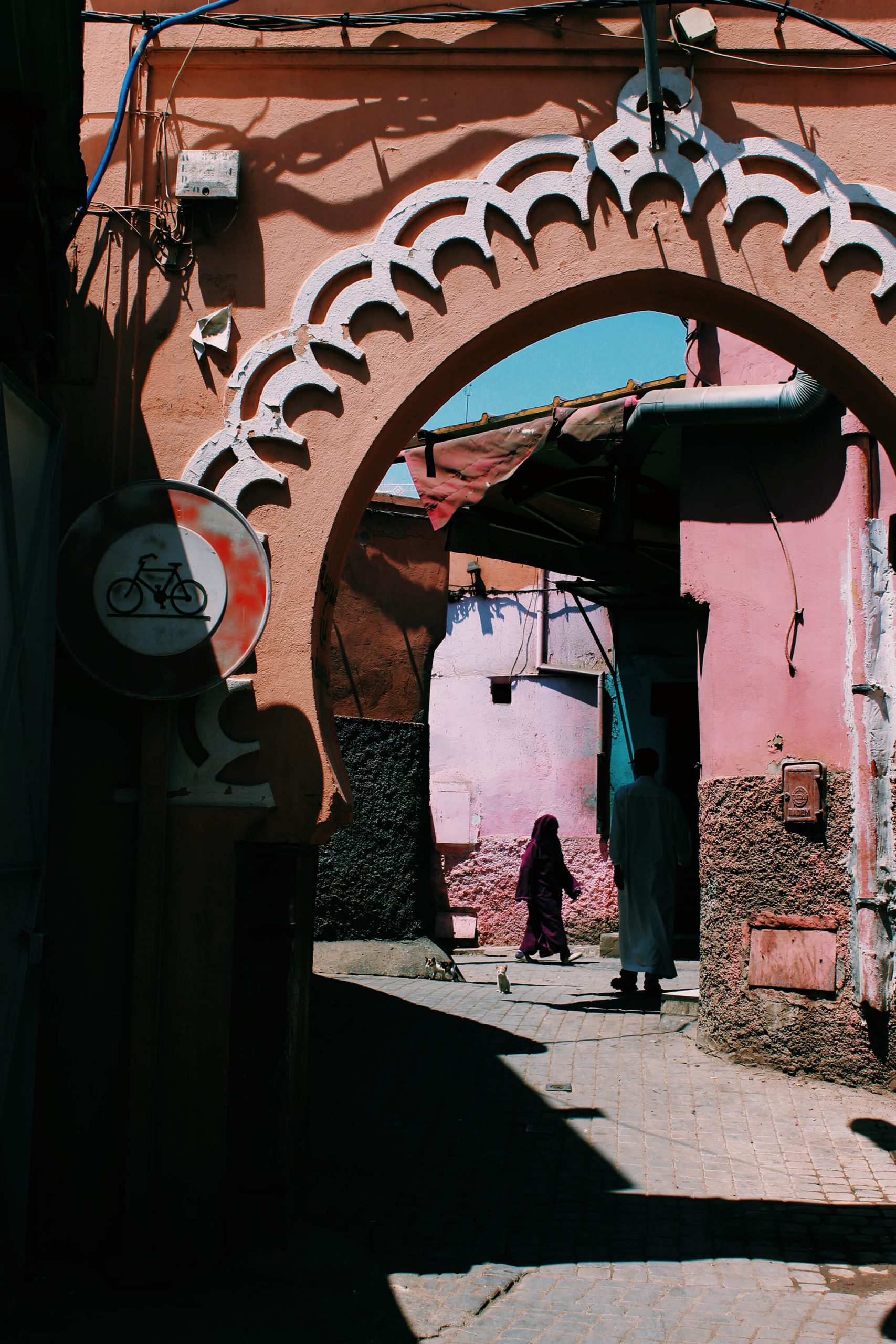
6. What to Bring for a Comfortable Trip
Appropriate Clothing
Pack comfortable and lightweight clothing as temperatures here are hot especially when traveling during summer or to the desert in Morocco. Shirts that cover your shoulders and do not have a low neckline or show cleavage are recommended.
Think long tunic tops or shirts with ¾ length sleeves. Maxi skirts (long skirts that fall just above the ankle) or long dresses are suitable and easy to move around in. Pants or jeans that cover the knees are also proper attire. Flowy or linen pants are the most comfortable as they are light and airy plus fun to wear!
Tampons
If you use tampons, bring some with you especially if you are on your period or expecting to get it while on holiday. Tampons are very difficult to find here as most women use maxi pads.
Scarf
A scarf is always a good accessory to have handy as it can also double as a shawl or to cover your behind if necessary. Pack a couple just in case you need a back-up. Remember to keep the shoulders covered. It’s a good idea to keep one in your bag or purse just in case.
Wrap-around bag or purse
Sadly, theft is pretty common here, especially in large cities like Casablanca or Marrakech, so carrying a bag or purse with a strap that wraps around your torso will help keep your valuables intact.
Leggings
Comfortable to wander the winding streets of any Moroccan city and best when paired with a shorter skirt. Not recommended to wear on their own as they are tight-fitting and will definitely cause a stir with the male crowd.
For desert journeys, read our guide on Deserts of Morocco for packing and safety advice.
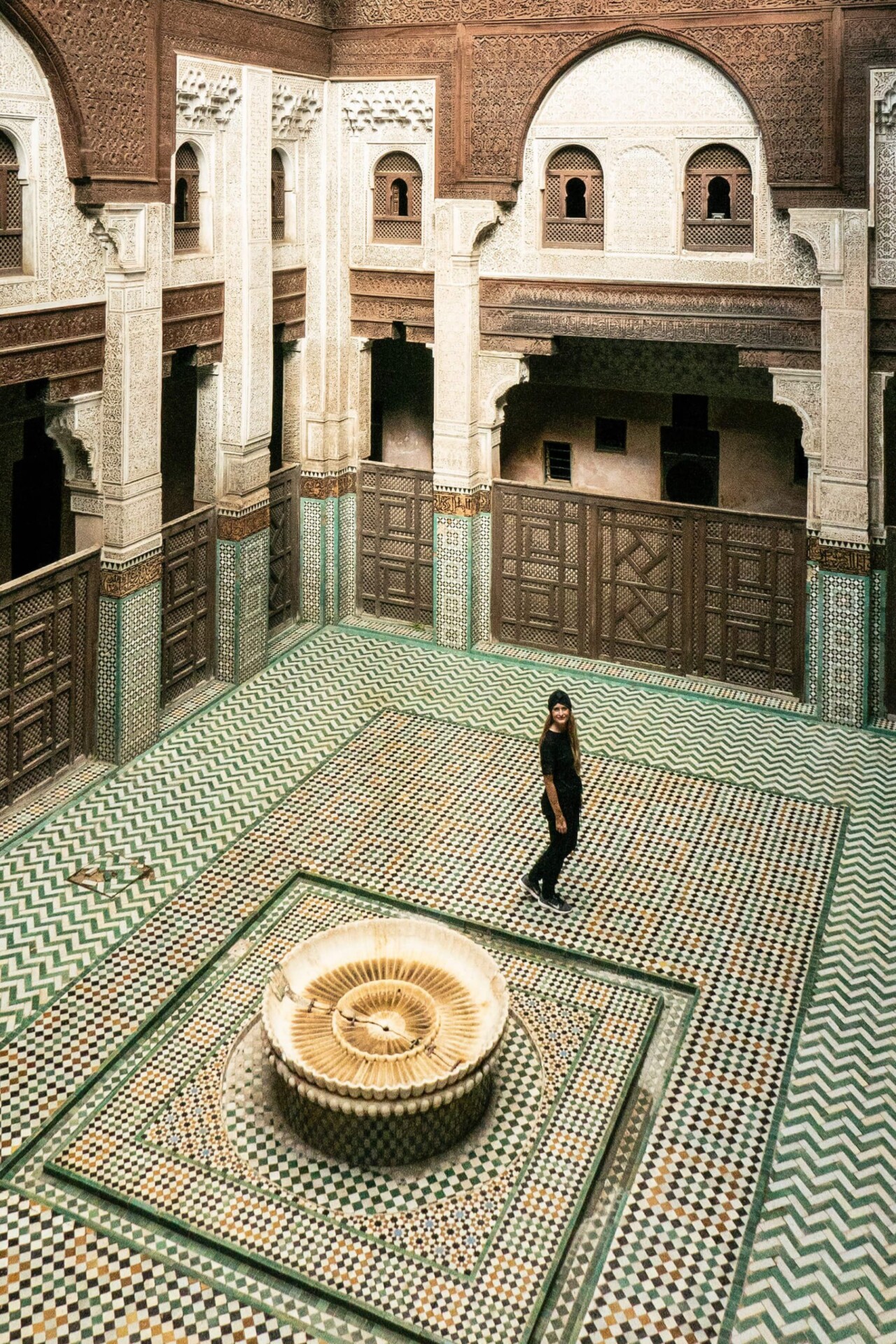
7. Safety and Solo Travel Tips
- Download “Prey Anti Theft” , “Life360” or use your devices’ embedded tracking functions for phone safety.
- Always save your hotel address in Arabic and French for taxi drivers.
- Avoid public displays of affection, even with travel companions.
- Use official petits taxis or your hotel’s transfer service.
- Avoid isolated alleys after dark — stick to main routes.
- When in doubt, ask other women for help — Moroccan women are incredibly supportive to travelers.
Morocco is a beautiful, welcoming country where women can travel safely and confidently. By showing cultural awareness, dressing respectfully, and trusting your instincts, you’ll enjoy the same warm hospitality that defines Moroccan life.
Being prepared and mindful of local customs ensures a trip that’s not only safe but truly transformative.
For deeper insights, check out our guides to:
🧭 FAQs
Q1: Is Morocco safe for solo female travelers?
Yes — it’s safe with common sense precautions. Stick to public areas, avoid walking alone late at night, and dress modestly.
Q2: Do women need to wear a headscarf in Morocco?
No, it’s not required. But carrying one helps when visiting mosques or rural villages.
Q3: Can women drink alcohol in Morocco?
Yes, in licensed venues such as hotels and restaurants — but not in public.
Q4: What should women wear in the Sahara Desert?
Light, breathable fabrics, a scarf or turban for dust, and long sleeves to protect from the sun.
Q5: Are there female-only tours in Morocco?
Yes — Sahara Desert Tour offers custom and small-group tours suitable for women and families.
—
Editor’s Note: This post was originally published in 2021 and updated in October 2025 for accuracy and freshness.

